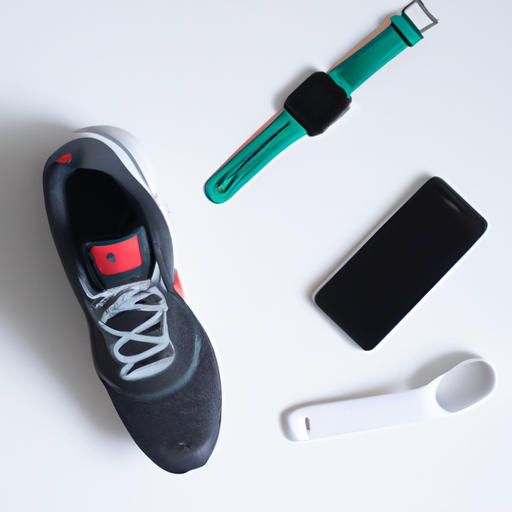The rise of wearable technology marks a significant shift in how we approach personal health management, allowing users to effortlessly track, analyze, and optimize their well-being.
The Evolution of Wearable Technology
Wearable technology has evolved rapidly over the past decade, moving from basic fitness trackers to sophisticated devices capable of monitoring a wide range of health metrics. Early wearables like pedometers and rudimentary step counters have given way to advanced smartwatches and specialized devices that offer a plethora of features. These modern wearables can monitor heart rate, blood oxygen levels, sleep patterns, and even detect irregularities that may indicate health issues. The integration of artificial intelligence and machine learning has further extended their capabilities, enabling these devices to provide personalized insights and recommendations. This technological evolution has democratized access to health information, empowering individuals to take proactive control over their well-being.
The Benefits of Continuous Health Monitoring
The primary benefit of wearable health tech is continuous, real-time monitoring, which provides a more comprehensive picture of an individual&8217;s health. Unlike traditional methods that rely on periodic check-ups, wearables gather data 24/7, allowing for early detection of potential health issues. For instance, constant heart rate monitoring can identify irregularities that may indicate conditions like arrhythmia or hypertension. Sleep trackers give a detailed analysis of sleep cycles, helping users to improve their sleep hygiene and overall rest quality. Moreover, fitness challenges and reminders encourage regular physical activity, which is crucial for preventing various lifestyle diseases. Continuous monitoring not only aids in early diagnosis but also helps in managing chronic conditions more effectively, making treatment and lifestyle adjustments timely and precise.
Data-Driven Insights for Personalized Health
One of the most transformative aspects of wearable technology is its ability to provide data-driven insights tailored to the individual. By collecting and analyzing vast amounts of data, these devices can offer personalized health advice that was previously only possible through extensive medical consultation. For instance, based on activity levels, sleep patterns, and dietary habits, a wearable can suggest personalized fitness plans and nutrition tips. Additionally, the integration of these devices with mobile apps allows users to visualize their health data through charts and graphs, making it easier to track progress and understand trends. These personalized insights can significantly enhance one&8217;s motivation and adherence to health routines, thereby promoting sustainable healthy living.
Enhancing Telehealth and Remote Patient Monitoring
Wearable technology is also revolutionizing the field of telehealth and remote patient monitoring. In the wake of the global pandemic, the importance of remote healthcare solutions has become more evident than ever. Wearables facilitate real-time health data transmission to healthcare providers, enabling remote monitoring of patients. This continuous data stream allows for better management of chronic diseases, such as diabetes and heart conditions, without the need for frequent hospital visits. Doctors can monitor patients’ vital signs in real-time, prescribe necessary lifestyle adjustments or treatments, and intervene promptly if any anomalies are detected. This seamless integration of wearable tech and telehealth services not only enhances patient care but also alleviates the burden on healthcare systems.
Future Trends and Innovations in Wearable Health Tech
The future of wearable health tech is teeming with exciting possibilities, driven by advancements in technology and growing consumer demand. Innovations like smart clothing, which integrates sensors into fabric, are on the horizon, promising to expand the scope of health monitoring. Moreover, the development of non-invasive glucose monitors could revolutionize diabetes management by offering pain-free blood sugar tracking. The use of AI and machine learning will continue to enhance the analytical capabilities of wearables, making health predictions more accurate and personalized. Another emerging trend is the incorporation of mental health monitoring features, which can help track stress levels, mood, and overall mental well-being. As these technologies evolve, they will likely become even more integral to our daily lives, further blurring the lines between health management and everyday living.

